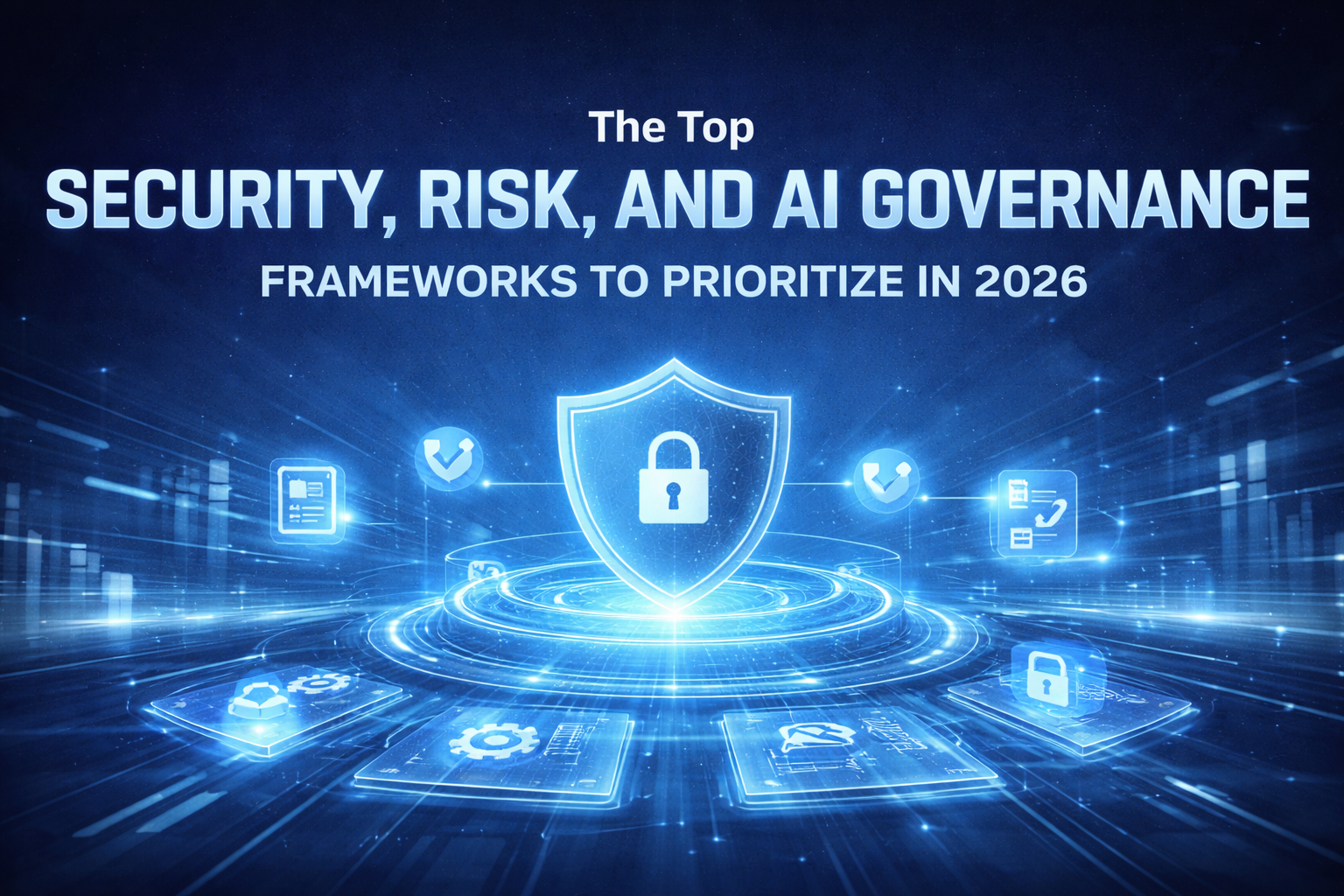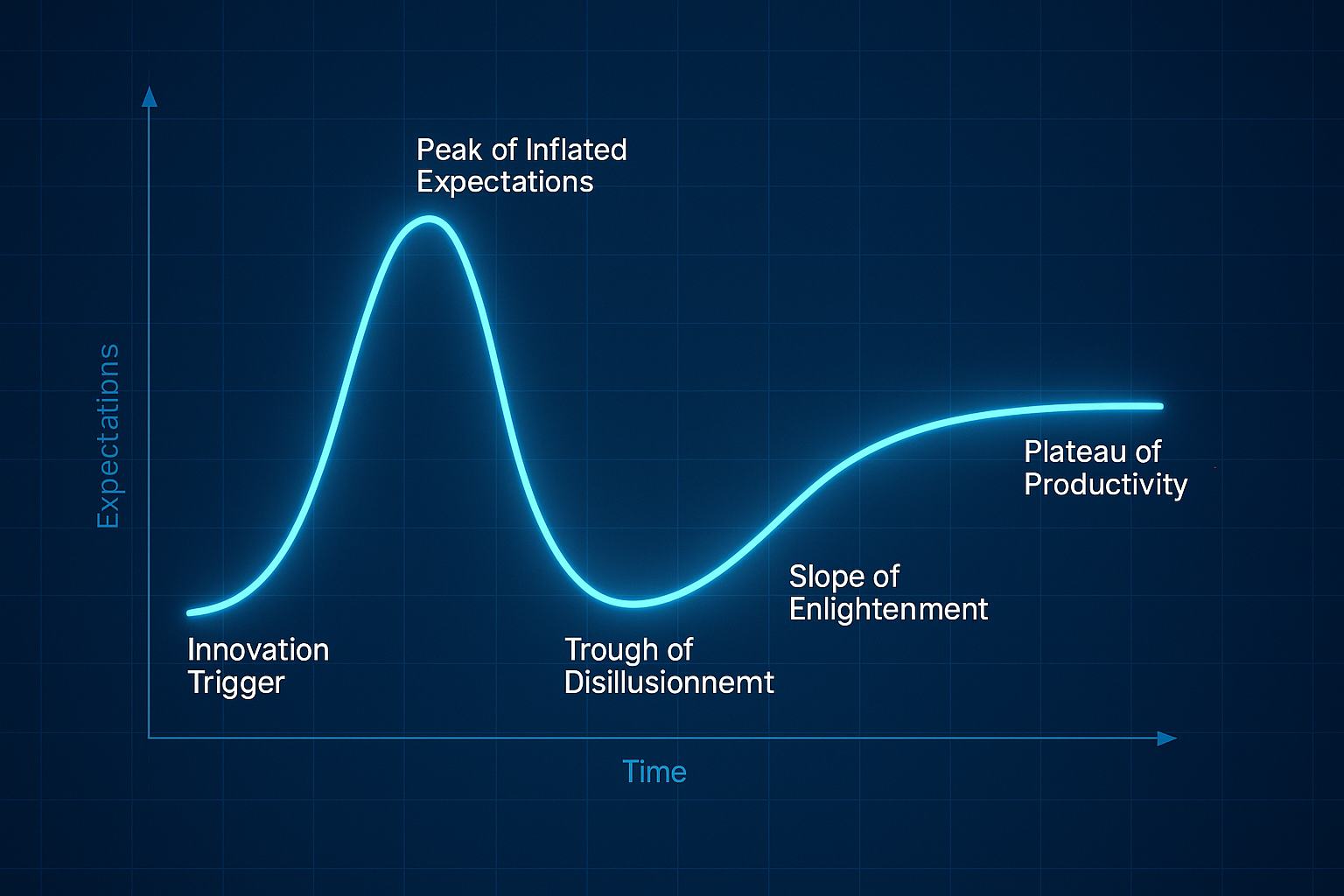What are the NIST SP 800-171 requirements?
The National Institute for Standards and Technology (NIST) released its Special Publication 800-171, addressing the protection of Controlled Unclassified Information (CUI) in non-federal information systems.
The goal? Ensure that all systems that store, process, or transmit CUI are secured and hardened.
Full DFARS NIST SP 800-171 Overview on our WebPage: The Definitive DFARS Guide
Here’s some background:
April 2013. The Information Security Oversight Office (ISOO), the organization exercising Executive Agent responsibilities for the CUI program, issued a memorandum that directed the heads of government agencies on how to manage CUI.
September 2016. In consultation with the Office of Management and Budget and affected agencies, ISOO released a notice detailing guidance for implementing the CUI program and the phased implementation deadlines. Another notice was issued in June 2017, giving recommendations for implementation.
What is CUI exactly? CUI is the information that supports the business functions or missions of the government, affecting the national security interests of the country. More on who deals with CUI is below...
NIST SP 800-171 is the outline of technical policies that enforce compliance with the memorandum for non-federal information systems.
NIST SP 800-171 Control Groups
There are 14 control groups that make up NIST SP 800-171:
- Access Control
- Audit and Accountability
- Awareness and Training
- Configuration Management
- Identification and Authentication
- Incident Response
- Maintenance
- Media Protection
- Physical Protection
- Personnel Security
- Risk Assessment
- Security Assessment
- System and Communications Protection
- System and Information Integrity
Which non-federal organizations must comply with NIST SP 800-171?
If an organization stores, processes, or transmits CUI, then it must comply. Non-compliant organizations risk business with the federal or state agencies that they have contracts with. Therefore, any individual business or government contractor that does business with a government agency is part of that group. Don't comply and contacts could be dropped, with customer agencies finding new compliant contractors.
Non-federal organizations such as universities and manufacturers who work with major contractors, defense contractors, and other government contractors, often times deal with CUI whether they know it or not.
- If you are a small manufacturer who deals with prime government contractors, you are most likely in contact with CUI.
- If you are a government contractor that doesn't deal with classified information, chances are you’re still dealing with CUI.
- If you are a higher education institution or healthcare institution that is using federal data for research, you might have to deal with CUI as part of your contract.
If you're starting to get concerned about the cost, time, and energy that will go into this project, take a breath. Our CyberStrong platform gives our customers a roadmap to compliance. The platform makes managing compliance more time efficient and recommends the next steps that have the largest impact on your overall CyberStrong score for the lowest cost for your company. Chances are, you already have a foundation of security measures in place to build on.
Manage your compliance journey efficiently and securely from one platform, and continuously manage, mitigate, and improve your cyber posture in real-time.





.png)
.png)
.png)
%201.png)
.png)




